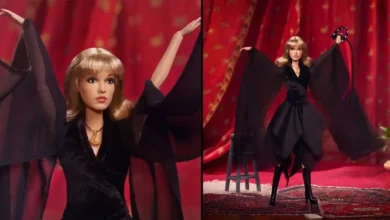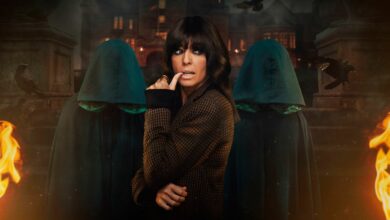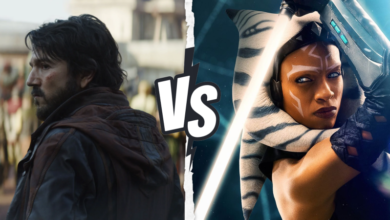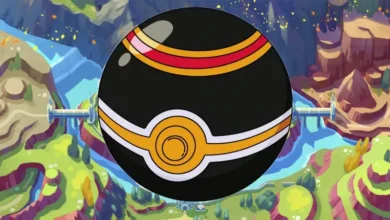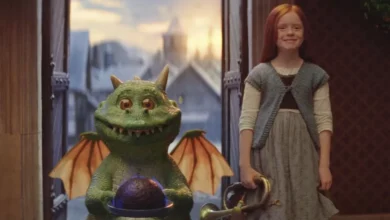Mickey Mouse horror film unveiled as copyright ends
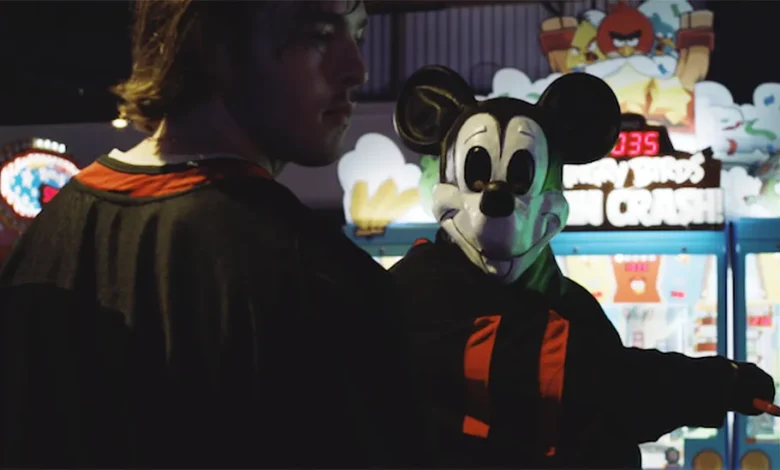
It’s Mickey, but not as you’ve ever seen him before.
A trailer for a slasher film, featuring a masked killer dressed as Mickey Mouse, was released on 1 January, the day that Disney’s copyright on the earliest versions of the cartoon character expired in the US.
“We wanted the polar opposite of what exists,” the movie’s producer said.
A new Mickey-inspired horror game, showing the rodent covered with blood stains, also dropped on the same day.
Steamboat Willie, a 1928 short film featuring early non-speaking versions of Mickey and Minnie, entered the public domain in the US on New Year’s Day.
It means cartoonists, novelists and filmmakers can now rework and use the earliest versions of Mickey and Minnie.
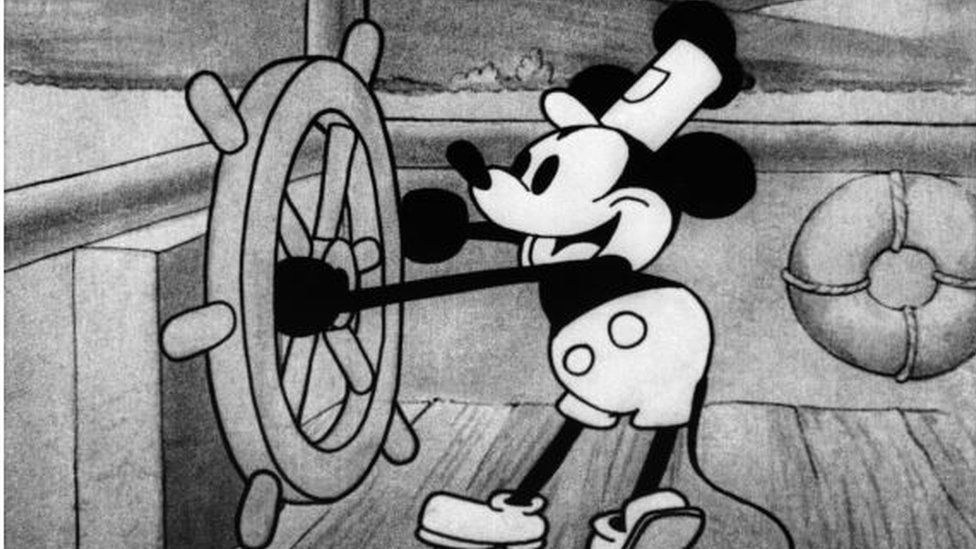
In fact, anyone can use those versions without permission or cost.
Creatives have been quick to take advantage of the new rules, with a trailer (contains violent scenes) for a Mickey horror film dropping on the same day.
In the horror comedy thriller, called Mickey’s Mouse Trap, a young woman is thrown a surprise birthday party in an amusement arcade – but things quickly take a turn for the worse when she and her friends encounter a knife-wielding murderer in a Mickey costume.
“A place for fun, a place for friends, a place for hunting. The mouse is out,” the trailer screams in red text.
“People need to not take it too seriously, we made a ridiculously fun movie,” said Simon Phillips, who wrote and produce the film and plays the man behind the Mickey mask.
Mr Phillips told the BBC that “if you put Mickey into a family movie, you don’t cover new ground”.
“In order to flip the coin, you have to come up with something that’s the polar opposite of what already exists,” he said.
The film itself does not have a confirmed release date but is expected to be out this March.
Not to be outdone, a new video game has been unveiled, also featuring the 1928 version of Mickey.
Game studio Nightmare Forge Games said the game, titled Infestation 88, is a survival horror game in which an outbreak of vermin turns into something more sinister.
At the start of the trailer, a man is heard saying nervously: “I thought it was just rodents, but there’s something else in here.”
A huge, blood splattered Mickey then pops up on screen, while mice scurry around him.
A spokesperson from Nightmare Forge Games told the BBC that Steamboat Willie entering the public domain “allowed us to include our own derivation of the film’s starring character in our game, which fits perfectly as an antagonist causing an infestation”.
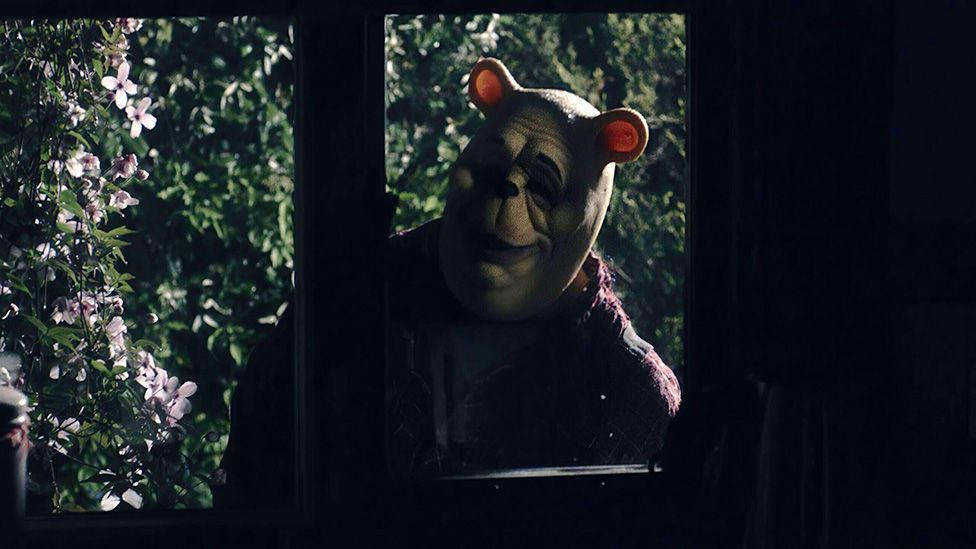
Mickey’s not the first childhood character to be given the horror movie treatment.
When Winnie the Pooh entered the public domain, the loveable bear was turned into the R-rated horror film Blood and Honey, which was one of last year’s worst-rated films.
US copyright law says the rights to characters can be held for 95 years, which means the characters in Steamboat Willie entered the public domain on 1 January 2024.
Disney has faced losing the copyright over its original cartoons several times in the past.
The characters were first expected to go into the public domain in 1984, but Congress extended the term by 20 years.
Before the next expiry date came up in 2004, another 20-year extension was passed.
Disney’s efforts to protect its characters have even led to the law being dubbed “the Mickey Mouse Protection Act”. But the moment finally came, and was hailed as being “deeply symbolic” by experts.
The company still separately holds a trademark on Mickey as a brand identifier and a corporate mascot. That means there are still limits on how the public can use these images.
And Disney has insisted that more modern versions of Mickey are still covered by copyright.
“We will, of course, continue to protect our rights in the more modern versions of Mickey Mouse and other works that remain subject to copyright,” the company said.



